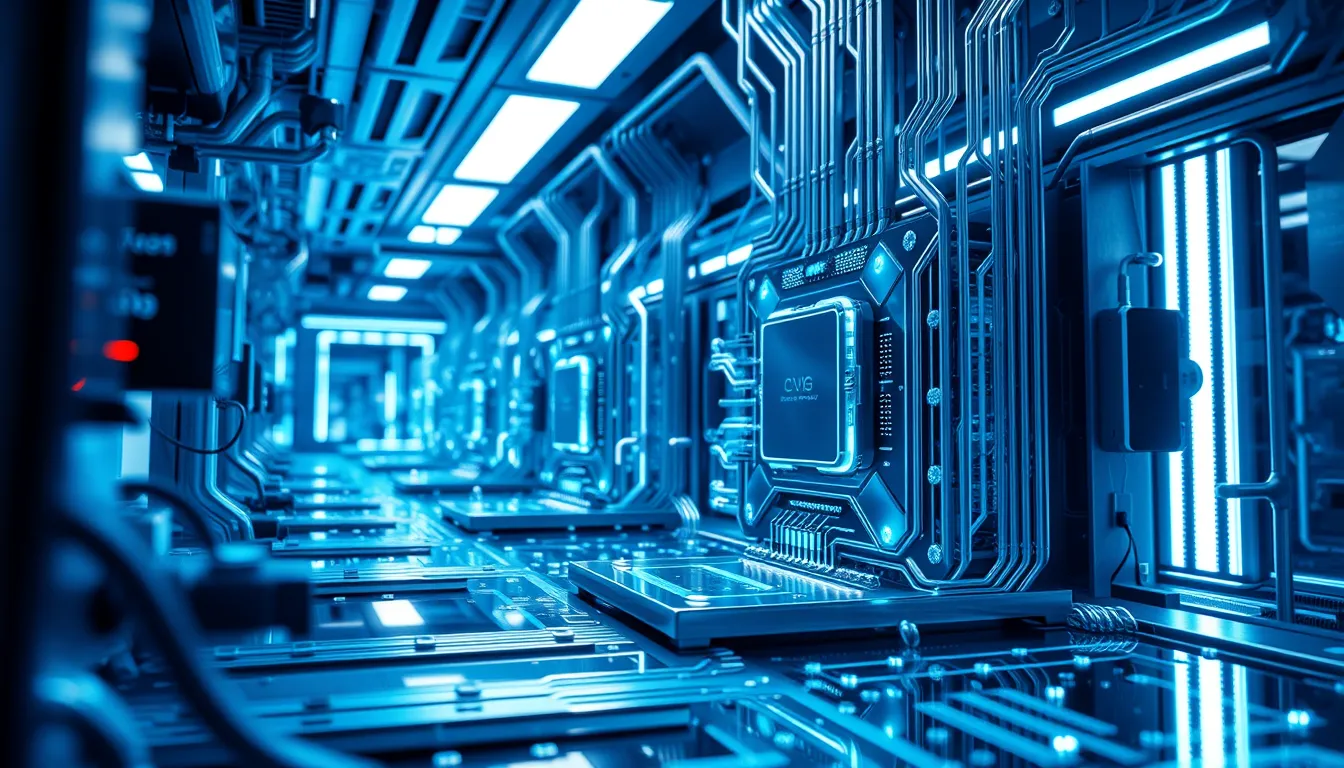Now Reading: Powerful AI in Healthcare Diagnostics: Boosting Patient Care
-
01
Powerful AI in Healthcare Diagnostics: Boosting Patient Care
Powerful AI in Healthcare Diagnostics: Boosting Patient Care

Powerful AI in Healthcare Diagnostics: Boosting Patient Care
Artificial intelligence (AI) in healthcare diagnostics is rapidly transforming the medical field with cutting-edge technology and innovative approaches. In this article, we explore how AI in healthcare diagnostics can improve patient outcomes, enhance the accuracy of medical imaging, and empower healthcare providers with faster, data-driven decisions.
The Rise of AI in Healthcare and its Impact on Diagnostics
Over the last few years, the integration of AI tools in medical diagnostics has seen tremendous growth. AI in healthcare diagnostics is not only streamlining routine tasks but also offering robust support in identifying complex health conditions that might easily be missed through conventional methods. With rising global demands for efficiency and improved diagnostic accuracy, AI is stepping in as a powerful player in modern medicine.
AI applications in healthcare cover a wide spectrum, from analyzing radiology images to predicting disease trajectories. Hospitals and clinics around the world are adopting these technologies to reduce diagnostic errors and to support treatment decisions. Recent studies indicate that AI-powered diagnostics can often match or even surpass traditional methods, making it an invaluable asset for modern clinicians.
How AI Improves Diagnostic Accuracy
One of the most compelling benefits of AI in healthcare diagnostics is its ability to improve diagnostic accuracy. Here’s how:
- Enhanced Image Analysis: AI algorithms excel at interpreting imaging data, highlighting subtle anomalies that human eyes might overlook.
- Pattern Recognition: Machine learning models are trained on vast datasets, enabling them to recognize patterns and correlations in patient data that facilitate early disease detection.
- Reduced Human Error: By assisting medical professionals, AI reduces the likelihood of misdiagnosis due to fatigue or oversight.
The infusion of AI in diagnostics has led to substantial improvements in areas such as cancer detection, cardiovascular illness screening, and neurological disorder assessments. Hospitals leveraging AI diagnostics have reported more streamlined workflows and better patient management practices.
Key Benefits of AI in Healthcare Diagnostics
The integration of AI in diagnostics brings several critical benefits:
- Speed and Efficiency: Automated processes enable rapid data analysis, leading to quicker diagnosis and treatment planning.
- Cost Reduction: By minimizing unnecessary tests and procedures, AI helps in controlling healthcare costs.
- Personalized Medicine: AI analyzes individual patient profiles to recommend tailored therapies, enhancing treatment outcomes.
- Continuous Learning: Over time, AI systems improve through continuous data input, making them more precise and reliable.
Challenges and Considerations for Implementing AI
While the benefits of AI in healthcare diagnostics are significant, it is important to consider the challenges and ethical concerns that accompany new technology adoption:
- Data Privacy: Ensuring patient information is secure and complies with regulations is crucial.
- Integration Issues: Incorporating AI systems into existing workflows can be resource-intensive and may require specialized training for staff.
- Bias in Data: AI models are only as good as the data they are trained on. Incomplete data can lead to biased results.
Addressing these challenges requires a balanced approach, combining technological innovation with strict adherence to ethical standards and regulatory requirements. As more healthcare institutions adopt AI-driven diagnostic tools, continuous monitoring and evaluation will be necessary to optimize outcomes.
Future Trends in AI Diagnostics
The future of AI in healthcare diagnostics holds vast promise. With ongoing advances in machine learning, neural networks, and big data analytics, we can expect even more refined diagnostic tools. Upcoming innovations include:
- Real-time Diagnostic Support: The ability of AI to provide instant feedback during clinical consultations will increase, enhancing decision-making on the fly.
- Integration with Wearables: AI systems will soon be able to incorporate data from wearable devices, offering a holistic view of a patient’s health.
- Predictive Analytics: AI will leverage predictive models to forecast disease outbreaks and individual health risks, allowing for proactive interventions.
The expanding role of AI is paving the way for new paradigms in patient care and medical research. For further reading on these trends, visit the World Health Organization website and the Centers for Disease Control and Prevention.
Conclusion
In conclusion, AI in healthcare diagnostics stands at the forefront of a technological revolution in the medical industry. By enhancing diagnostic accuracy, reducing costs, and supporting personalized treatment plans, AI is setting the stage for a future where healthcare is more efficient and patient-centric. As we continue to integrate AI into various aspects of medical care, the potential for improved outcomes grows exponentially. It is imperative for healthcare providers to adapt to these innovative tools while simultaneously addressing the challenges that accompany rapid technological change.
The journey towards a future where AI in healthcare diagnostics is an integral part of patient care is well underway. Embracing these transformative technologies not only promises improved outcomes but also fosters a more efficient, data-driven approach to medicine. The landscape of healthcare is evolving, and AI stands as a beacon of progress, heralding a new era of precision and transformability in diagnostics.
By staying informed and adapting to these advancements, healthcare providers can ensure that they remain at the forefront of medical innovation. The promise of AI is not just in diagnostic precision but in its potential to revolutionize patient care and outcomes on a global scale.

























